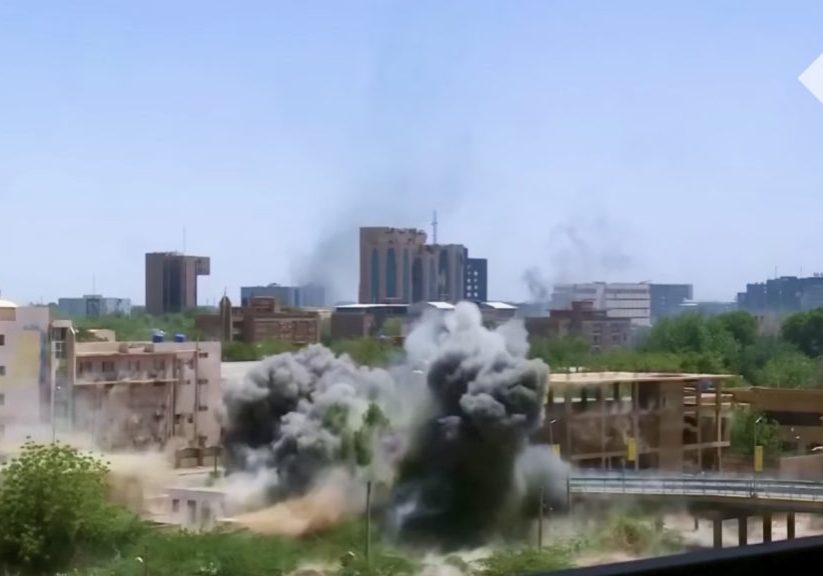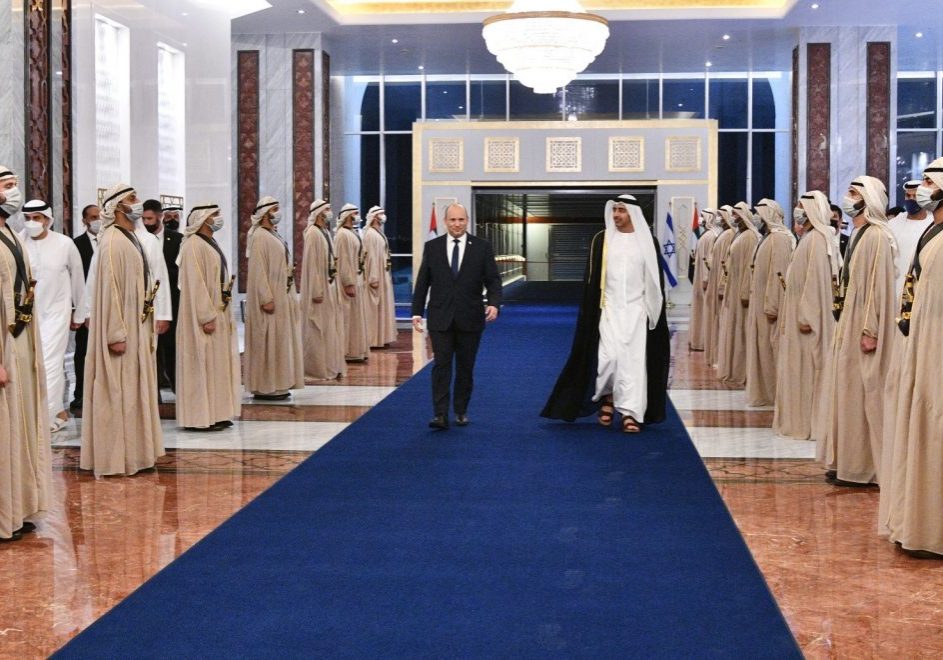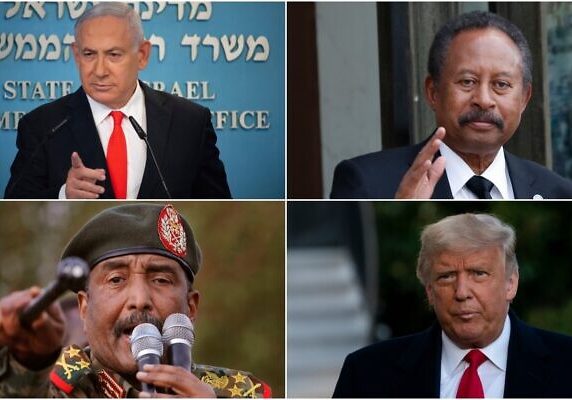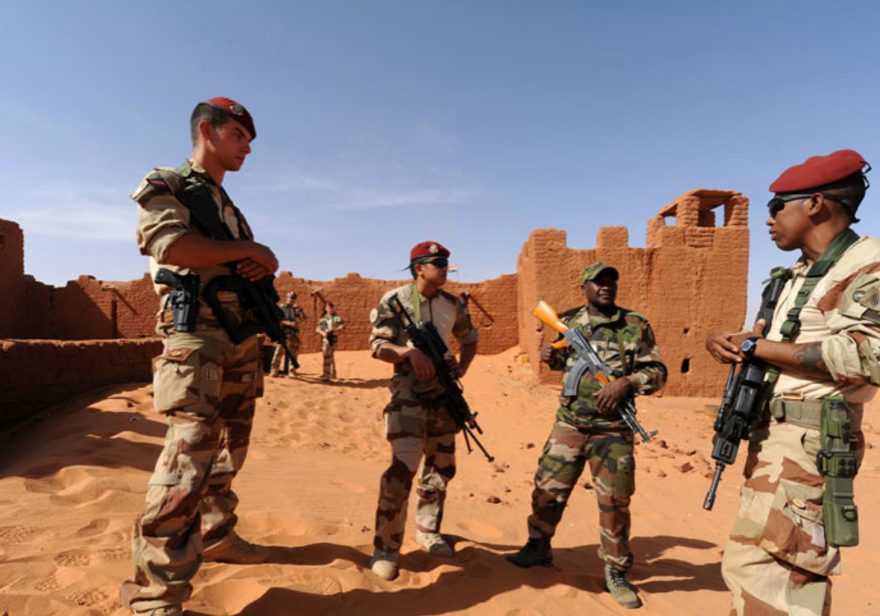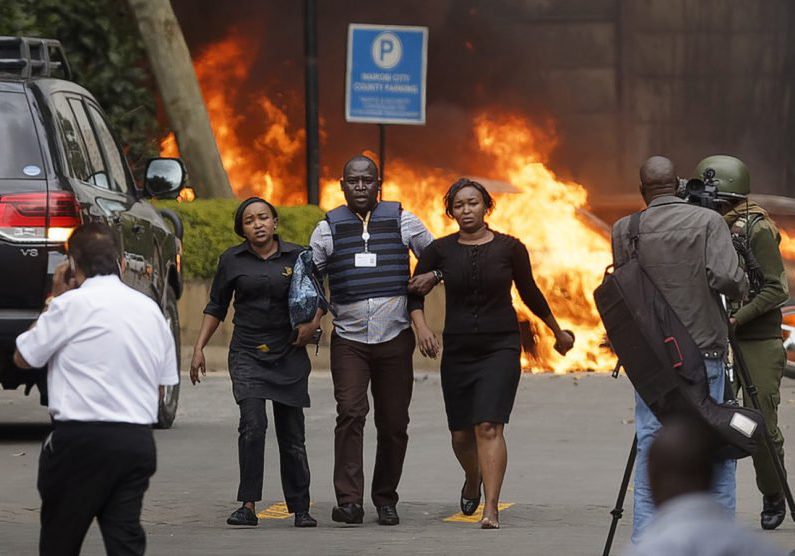Australia/Israel Review
The Last Word: Stars over the Desert
Feb 1, 2017 | Jeremy Jones
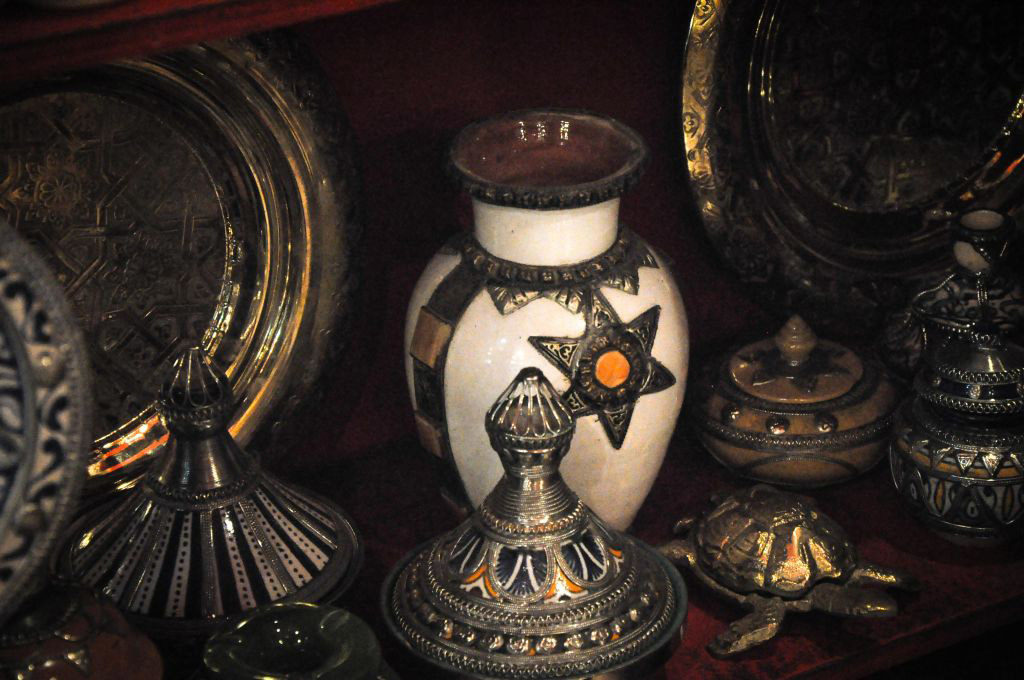
Jeremy Jones
“This is the Hamsa. This is the Hand of Fatima. This is (hesitation) a star”.
In a typical Moroccan jewelry shop, the proprietor was discussing the recurring motifs in his necklaces, rings and decorations. The “star” was a Magen David, the well-known Jewish symbol.
The jewellery, religious ritual items and artworks on sale were a reminder of the once large, vibrant Jewish population of the Kingdom, and the shopkeeper’s words a reminder of the conflicted attitude of many Moroccans towards that population, Judaism and Israel.
A walk through a number of Moroccan towns today is to walk among ghosts. Tourist maps display where synagogues, schools and other institutions once were, museums are more numerous than active synagogues and the most extensive physical evidence of Jewish life is through Jewish death, in the often well-maintained cemeteries.
I first wrote on this subject for student publications many years ago, but it is only in the past two years that, in Sydney, events dedicated to the history of North African and West Asian Jewry have begun to introduce the topic to generations of Jews and to others interested.
But my concern in writing this piece is not so much with Jews as with Muslims, with some real “stars” who are pioneering, risk-taking proponents of increased understanding of Jews and Jewish issues in Morocco today.
The first constellation, and the largest of the three I will discuss, are those who are motivated by a desire to improve and increase Muslim-Jewish understanding.
This group includes men and women across generations, across geography and across ethnic groups.
It is not unique to Morocco, but unique within Morocco.
Where Jews and Muslims are both minorities, the dialogue is often sourced in common concerns.
In Morocco, it involves grappling with the recent past, in an environment where one hears many stories about parents’ or grandparents’ best friends, brothers’ and sisters’ wetnurses, cultural and other national icons, and physical reminders of what, so recently, once was.
From within this group, I heard stories of harassment, bullying and worse, particularly towards the younger generation.
This was often, but not exclusively, linked to perceptions of how Moroccans should act in relation to Israelis, which some Moroccans seem to feel should not be included as part of humanity.
The second constellation consists of the inspiring, dynamic group of young Moroccan Muslims who are determined to help their nation understand, honour and properly relate to the Jewish part of its past (as well as to the small contemporary community.)
It is difficult to articulate the positive, warm emotions one experiences in the company of the Mimouna group, the best organised and most public group working on this issue.
Exuding a love of their country, complemented by an extraordinary passion for truth, members put their necks on the line with very public, internally controversial activities.
Sitting with some members in a restaurant in the capital city, Rabat, I was treated to beautiful renditions of classic Jewish Moroccan songs – as well as contemporary Jewish staples – and watched as other diners were moved to tears by the sheer beauty of the performances, but also by the reminder of what that city’s life had once included.
The third group, the smallest, is of political activists whose focus is on improving Moroccan-Israeli relations.
In a discussion with one activist on the appalling ignorance about Israel and the blinding bigotry which drove public discussion in the Kingdom, I was aware that I was sitting in a room adorned with verses from the Quran, in a house where the religious commitment to Islam was proud and visible.
None of the “stars” seek to undermine or challenge their Muslim faith per se, and all were politically aware patriots.
Truth is on their side – and I have a strong feeling that history is on their side, also.
Tags: Africa


